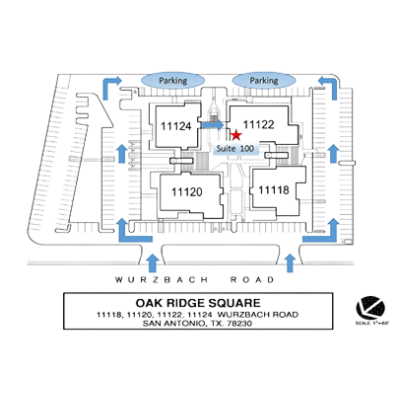What is an executor’s job? I’ll answer this question and a few more. These questions usually come up when a will is probated, and the court appoints an executor.
What are your responsibilities?
An executor (usually an “Independent Executor” in most Texas probate cases) is generally responsible for:
- Locating, identifying, and collecting the deceased person’s assets and determining the value of those assets.
- Locating and identifying all creditors of the deceased person’s estate.
- Paying from the deceased person’s assets the estate’s debts, expenses of administration, and taxes, if any. And,
- Distributing any remaining assets to the beneficiaries named in the will according to the terms of the will.
How do you meet these responsibilities?
The executor must competently and timely meet all requirements set out in the Texas law and the will. The executor serves as a fiduciary to the estate. This means the executor is under a duty to deal fairly with all parties having an interest in the estate. The parties include beneficiaries—persons named in the will, creditors—persons owed money by the estate, and heirs—beneficiaries under the law. The executor must maintain and preserve the estate for the collective benefit of these parties. An executor must keep the estate’s assets and accounts separated from the executor’s own accounts—never co-mingling estate assets or accounts with personal assets or accounts.
What are some tasks under the executor’s responsibilities?
The executor’s tasks include: opening estate’s bank accounts; getting an Employee Identification Number (EIN) from the Internal Revenue Service to open these accounts; sending out creditor notices; receiving creditor’s claims and accepting or rejecting these claims; paying claims; preparing, sharing, and filing the estate’s inventory; filing forms and paying individual and estate income taxes from the estate’s assets, if applicable; providing an accounting to beneficiaries; and finally, distributing the remaining assets to beneficiaries according to the deceased person’s will.
Do you face deadlines for these tasks?
Some tasks should be done immediately, such as requesting EIN and opening bank accounts, along with identifying and gathering assents. The executor is required to complete some tasks within the first 90 days after appointment, such as issuing creditor notices, preparing, and sending beneficiary notices, and preparing and filing the inventory. Other tasks are expected to be completed in four to six months such as accepting and rejecting creditor claims. Finally, tax forms and tax payments are due within the first year following the deceased person’s death, and in subsequent years if the estate remains open.
Why is all this necessary?
The executor’s work closes the deceased person’s affairs and oversees the distribution of the deceased person’s assets to the correct person or entity as named in the will. If done improperly, this could lead to additional costs or burdens imposed on the estate and the delay asset distribution.
An appointment as an executor brings with it many important responsibilities, tasks, and deadlines. You should get legal advice from an experienced probate and estate administration attorney. Please don’t hesitate to contact me at bud.glavy@glavylaw.com or at 210-880-1777.
Also, I previously shared information about what you should consider when selecting an executor. See, Trustee’s and Executor’s Responsibilities: A Higher Calling
GlavyLaw. You should read this before you prepare a will.
The post You’re Appointed Executor: Now What? first appeared on GlavyLaw.


